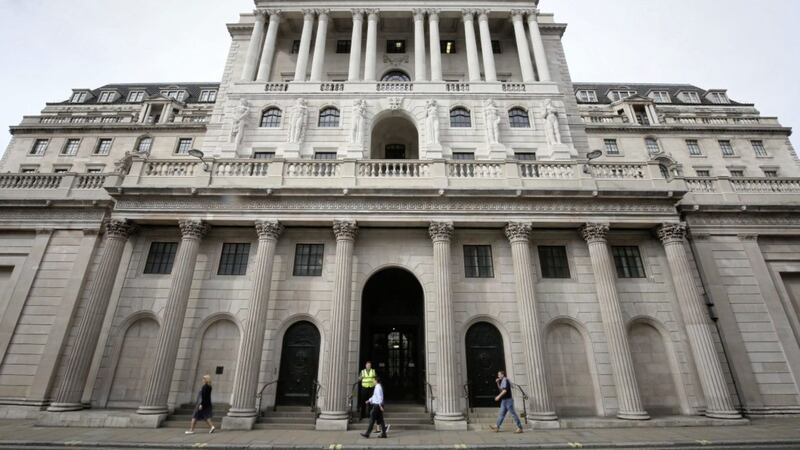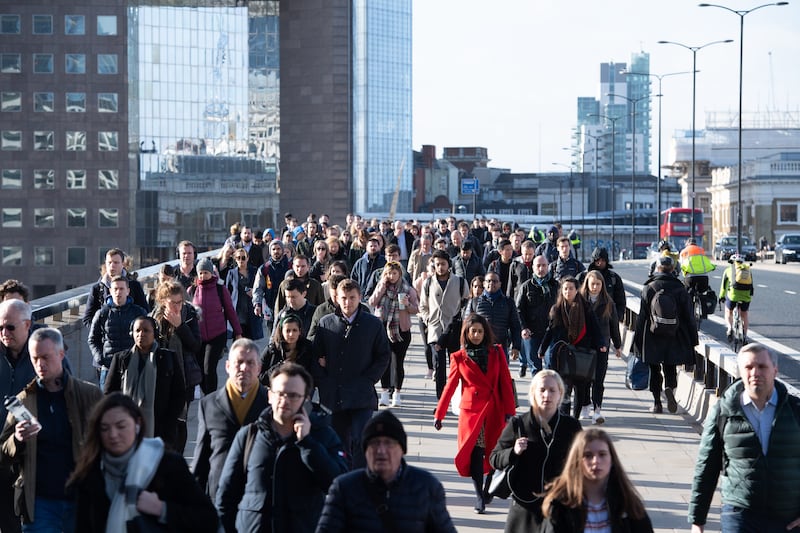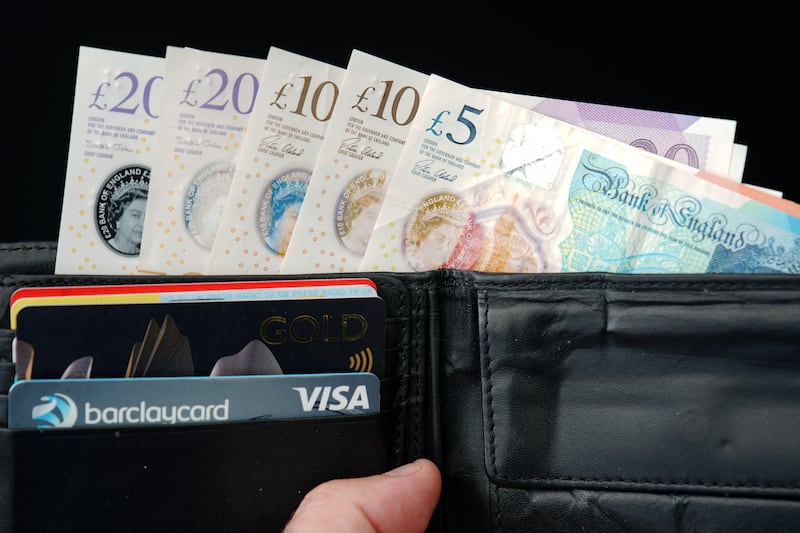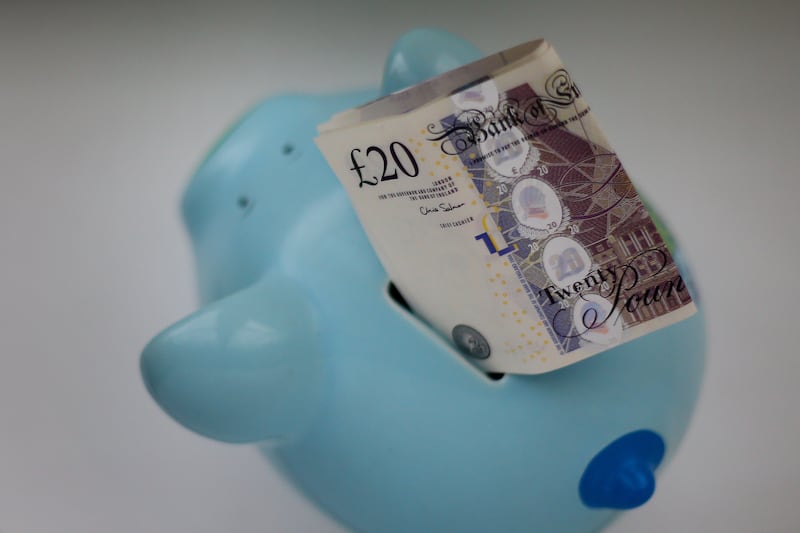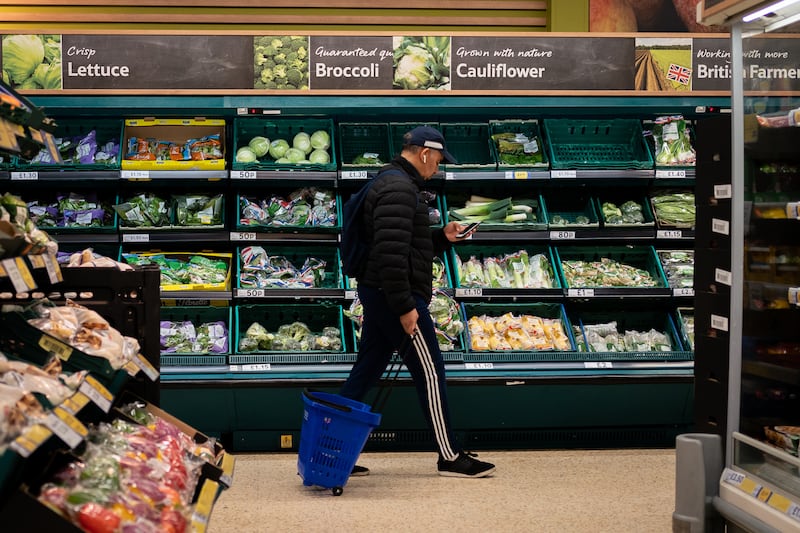The Bank of England has kept interest rates on hold at 0.25 per cent, but three policymakers called for a rise amid warnings that Brexit-fuelled inflation is set to surge further over the summer.
Minutes of the latest decision by the Monetary Policy Committee (MPC) showed two members - Ian McCafferty and Michael Saunders - joined outgoing rate-setter Kristin Forbes in voting for a rise to 0.5 per cent, marking the first time that three members have dissented for more than six years.
Their call comes as the bank cautioned that inflation is set to rise more than it predicted in last month's forecasts and is now likely to increase above three per cent by the autumn.
This follows official figures earlier this week showing that inflation surged to 2.9 per cent in May, which was higher than expected and takes the Consumer Prices Index (CPI) further above the two per cent target.
The bank said the pound's weakness since last week's shock indecisive General Election result would add to the pressure on inflation as sterling's fall since the Brexit vote has sent the cost of imported goods and energy soaring.
During the latest MPC meeting concerns were raised that "inflation was projected to overshoot the target by more than previously expected and to remain above it throughout the three-year forecast period".
But it said there were "arguments in favour of leaving the policy rate unchanged".
"A slowdown in household consumption and gross domestic product as a whole had recently begun ... although consumer confidence had held up, there had been further signs of a slowing housing market and new car registrations had fallen sharply," the bank added in the minutes.
Growth slowed more than the Bank expected, to 0.2 per cent in the first quarter, but it believes this will be revised higher to 0.3 per cent, while growth should edge up to 0.4 per cent in the second quarter.
But the bank sent out a warning shot that it would not be able to offer much relief to cash-strapped households.
"Monetary policy cannot prevent either the necessary real adjustment as the United Kingdom moves towards its new international trading arrangements or the weaker real income growth that is likely to accompany that adjustment over the next few years," the minutes said.
The MPC voting result was unexpected by economists, with Ms Forbes, who is leaving the committee before the next rates decision, being the lone dissenter in calling for a hike since March.
The bank is facing a difficult balancing act as it weighs up the needs of an economy weighed down by uncertainty around the Brexit negotiations, with rising inflation hitting consumers.
High street figures earlier on Thursday revealed more evidence that households are reining in their spending, with retail sales tumbling by a higher-than-forecast 1.2 per cent in May, against a 2.5 per cent rise in April.
This came after official jobs data on Wednesday showed average earnings, adjusted to account for the impact of inflation, fell by 0.6 per cent year on year in the three months to April.
